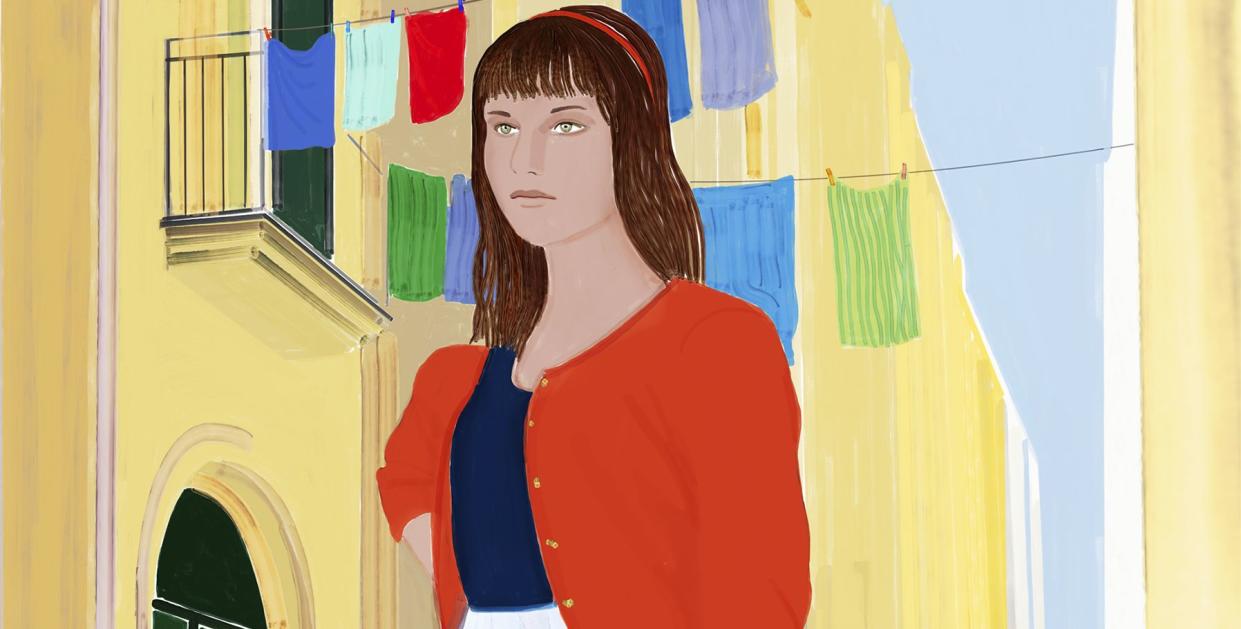Elena Ferrante Returns to Naples In Her New Novel, "The Lying Life of Adults"

“You can turn ugly because of worries,” 12-year-old Giovanna believes, “and if the worries go away you can be pretty again.” But anxiety can’t simply be washed off, as Giovanna learns over the course of Elena Ferrante’s incendiary new novel, The Lying Life of Adults.
Giovanna’s chief concern, at the start of the book, is her place in the taxonomy of beauty: How should she classify her looks? When she overhears her father lament that she’s beginning to resemble his sister Vittoria, a woman in whom unattractiveness “and spite were combined to perfection,” the comparison precipitates seismic changes in Giovanna’s sense of self, which in turn begin the unraveling of her once sound family.
The story—set in Naples, Italy, like the series that began with My Brilliant Friend—follows Giovanna through adolescence to age 16. With every year she increasingly sees her parents as pathetic, even contemptible. Confusing irreverence with independence, she rebels in tried-and-true ways: by being vulgar and rude, blowing off school, and trying to shed her bourgeois upbringing.
If she can’t be beautiful, she decides, she’ll elevate wretchedness into an ideal to strive for. There’s real value, she comes to believe, in saying exactly what she thinks, even if it destroys those around her. As a result, her friendships with girls her own age mutate rapidly, as does her bond with her radiantly formidable Aunt Vittoria, an alliance she cultivates against her parents’ wishes and often behind their back.
Ferrante is preternaturally attuned to the nitty-gritty of girlhood, territory she explored in her Neapolitan novels. What also remains true here: The Lying Life of Adults affirms that Ferrante is an oracle among authors, writing literary epics as illuminating as origin myths, explaining us to ourselves.
For more stories like this, sign up for our newsletter.
You Might Also Like

